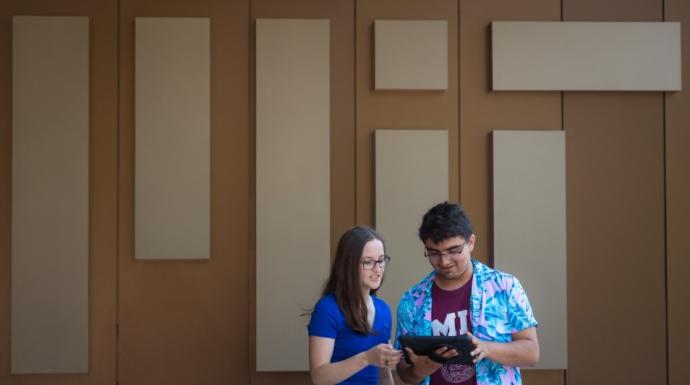The MIT Climate Project begins with a straightforward vision: to build well-being for people and the planet. But success will take more than individual breakthroughs. It requires understanding how the systems that shape daily life — energy, water, food, health, transportation, buildings, industry, and the digital world — interact. For this reason, our approach treats climate change as a deeply interconnected systems challenge, one that demands solutions integrating science, technology, policy, finance, social sciences, and humanities.
Because climate impacts are felt where people live and work, we treat communities as our unit of change. To succeed, we must also connect the global to the local — from the physics, chemistry, and biology that govern Earth’s dynamics to innovations in energy, digital infrastructure, and resilient design that can be deployed anywhere and adapted to local realities.
Across these areas, we will design and test pilots with local leadership and input to demonstrate how integrated strategies improve resilience and prosperity. As these efforts progress from research to demonstration and prove effective in real environments, they can become blueprints that scale system by system, community to community, driving global impact. Realizing this vision will require strong partnerships across academia, industry, governments, and communities.
This approach enables us to build well-being at every level: local and global, human and planetary. In doing so, we can change the expected trajectory of our shared future. MIT has always stepped forward when imagination and action have been equally required. The Climate Project brings that spirit to the defining challenge — and opportunity — of our time: creating communities that thrive in a rapidly changing world.
We can only meet this crisis if we’re brave enough to lower our shields, reach out and work together in new ways. And we cannot be satisfied with the normal academic tempo—there simply isn’t time.
Join the Climate Project Community
